Fear and miscalculation are stalling the peace process in Ukraine.
Betrayal is poison for any relationship, especially when it is used by those in the relationship to win over a third party. Thus, the crisis between Russia and the West was sparked by both sides’ willingness to violate international law, treaties, and agreements in pursuit of a geopolitical upper hand in Ukraine, regardless of the risks such pursuit posed for Kiev. Illegality and betrayal, in turn, deepened mutual distrust and paranoia between Moscow and the Western capitols.
Although the September Minsk Protocol temporarily de-escalated matters, its pre-history closed many of the potential exit ramps from the crisis. The West made much of Russia’s violation of international law and agreements, ignoring its own violations. In condemning Russia’s illegal military intervention in Crimea, the 1994 Budapest Memorandum signed by Russian Federation, UK, and US is often recalled, whereby the signatories “affirm their commitment to Ukraine, in accordance with the principles of the Final Act of the Conference on Security and Cooperation in Europe, to respect the independence and sovereignty and the existing borders of Ukraine.”
We also cite Section VI of the CSCE or Helsinki Final Act upon which the Budapest Memorandum’s authority rests: “The participating States … in all circumstances refrain from any other act of military, or of political, economic or other coercion designed to subordinate to their own interest the exercise by another participating State of the rights inherent in its sovereignty and thus to secure advantages of any kind.” In this light, Russia clearly violated Ukraine’s sovereignty, the memorandum, and the Final Act’s Section VI.
However, recalling the cookie stroll of US Deputy Secretary of State Victoria Nuland and US Ambassador to Ukraine Jeffrey Pyatt, and Senator John McCain’s speech on the Maidan in February, we might consider the following from the same Final Act’s Section VI: “The participating States will refrain from any intervention, direct or indirect, individual or collective, in the internal or external affairs falling within the domestic jurisdiction of another participating State, regardless of their mutual relations.”
Within the Jurisdiction
It would seem that politics, in particular crisis politics on the Maidan in those days, would constitute the “internal affairs falling within the jurisdiction” of Ukraine and not that of the US or its officials. Nuland, Pyatt, and McCain clearly failed to “refrain from any intervention, direct or indirect, individual or collective,” in Ukraine’s internal affairs. One would reasonably deem their intervention as rather direct.
Furthermore, Western governments clearly violated their pledge as guarantors of the February 20th agreement between then Ukrainian President Viktor Yanukovich and the leaders of Ukraine’s opposition parties. The governments of the Polish, German, and French foreign ministers, who signed on as guarantors of the agreement, remained silent when neo-fascist and ultra-nationalists elements of the Ukrainian opposition illegally seized power on February 21st rather than honoring the transition process the Kiev pact established. Instead of guaranteeing the agreement, in support of which Russian President Vladimir Putin personally intervened to secure Yanukovich’s signature, the Western powers celebrated the illegal takeover as a democratic and legitimate revolution in pursuit of “European values.”
In sum, both Russia and the West intervened in Ukrainian politics directly and indirectly. Russia deviated form the legal, political norm surrounding the Maidan crisis only after the West’s betrayal. Moscow’s asymmetric military intervention in Crimea was an escalation but not the cause of the crisis, and there was less violence used by Putin’s “polite little green men” in Crimea than that meted out by the Ukrainian revolutionaries in seizing power in Kiev.
Fear and Paranoia
In both Russia and the West, and Washington in particular, the other side’s violations of treaties and agreements aggravated mutual antagonism and distrust, “confirming” some of their worst fears. For Russia, the revolution in Kiev is seen as proof that American interference in territories along Russia’s border is intended not to spread democracy but to expand NATO, fuelling the fears of many Russians and the warnings of the country’s most paranoid and virulent hardliners.
Fear and paranoia, in turn, are driving miscalculation. In Moscow, the perceived Western threat required seizing Crimea and lending some support to the Donbas rebels. Beyond their use as a geopolitical strategic countermoves to the West’s actions vis-à-vis Kiev, seizing Crimea corrected a historical wrong in Russian eyes. The peninsula has been a Russian territory since the 18th century, becoming part of Ukraine on a whim of Soviet communism’s affirmative action empire, as one scholar has called it, in 1954.
From the Russian side, the violation of treaties and law pales in significance when compared to the historical justice of Crimea’s reunification with Russia, not to mention preserving the Black Sea Fleet’s naval base in Sevastopol and countering the threat to the Russian economy and national security posed by rump Ukraine’s “integration into Euro-Atlantic institutions,” especially NATO.
But by annexing Crimea, President Putin both escalated and miscalculated. He provoked a surge in tensions with Kiev and the West, sparked a rise of separatism in Donbass, and thus created a situation that is far more problematic for Russian interests. Ukraine’s loss of Crimea and Donbass separatist movements essentially removed from Ukraine the pro-Russian territories and populations which are opposed to western Ukraine’s ultra-nationalism and Ukrainian NATO membership. As opinion polls now show, Ukraine now includes an ultra-nationalist, anti-Russian majority that backs Ukraine’s entry not just into the EU but also NATO.
In the West, Russia’s Crimea annexation seemed to many to confirm hawkish claims about the growing threat of traditional Russian autocracy and imperialism, including supposed Kremlin plans to recreate the Tsarist – or even Soviet – empire.
This misperception prompted further Western miscalculations. First, the West encouraged Kiev to carry out a military offensive against counter-revolutionaries in Donbas and elsewhere in eastern and southern Ukraine, rather than negotiate. This was followed by calls for a new Cold War, containment 2.0, a NATO build up along Russia’s border, economic sanctions so severe that they might topple the Putin regime, and a new US law institutionalizing America’s alliance with and military assistance to Kiev.
All this support comes despite Kiev’s dependence on neo-fascists in both the army and parliament, as well as on their corrupt, sponsoring oligarchs. Western policy has encouraged ultra-nationalism in Kiev and provoked it in both Donbas and Moscow.
This, in turn, is prompting further Russian paranoia. For Russian ultra-nationalists, it is no coincidence that the Ukrainian crisis has shattered the two most important Slavic economies. The more paranoid are bound to see this as a goal of US policy. Many Russians now see Western designs to install a puppet regime in Moscow and dismember Russia.
A Way Out
Yet the way out of the crisis has been obvious from the start: negotiations between Kiev and the Donbass, a federative Ukraine, special language rights for Ukraine’s minority groups, Russo-Ukrainian negotiations on a special status for Crimea, a militarily neutral Ukraine, and EU-Russian-Ukrainian talks on trilateral trade and economic relations.
Unfortunately, as the crisis escalates, elements of this settlement package become obsolete or unrealistic. Most pivotally, the re-assignment of Crimea from Russia to an autonomous status under a mutual defense guarantee by Moscow and Kiev now seems impossible. Putin has simply invested too much in Crimea’s annexation, and the rise of patriotic feeling plays into the hands of radical nationalists, like Alexander Dugin, who would like to topple Putin, especially if he dared to de-annex Crimea.
Putin may have re-thought support for Donbass separatists he at one time may have rendered. The shift is informed by the unwanted economic burden of reconstructing Donbass and the useful political wedge that a Donbass left in Ukraine can drive between western Ukraine and Kiev’s entry into NATO. Moscow is already saddled with an economic crisis (in part, a result of sanctions) and maintaining Crimea, and failing an agreement on Kiev’s neutrality the only obstacle to block Ukraine’s entry into NATO is the pro-Russian Donbass.
But only Moscow is willing to undertake the reconstruction of the Donbass and the larger Ukraine, with their battered economy and collapsing infrastructure. Given the West’s own inability or unwillingness to bail out Ukraine’s economy, the isolation of Russia from the West and the weakening of Russia’s economy is depleting Kiev’s only realistic source of substantial bailout money. Thus, Russia’s politics and economics are closing off-ramps for both Putin and Poroshenko.
Similarly, the rise in anti-Russian rhetoric in the West and anti-Western rhetoric in Moscow is making it difficult to climb down from the moral high ground each side claims for itself. As a result, negotiations on the remaining elements of a Ukrainian peace package are proceeding slowly and may not succeed in pre-empting the next unexpected turn of events.
The bitterly cold “General Frost” and economic collapse are staying Kiev’s hand from another offensive against the Donbass. But both sides are using the intermission to reinforce their troops, presaging a hot spring. Another MH17-like black swan event could close all the exits for good, leaving all the parties no choice but to engage the armaments and fight it out in a hell of their own making.
Fair Observer is a nonprofit organization dedicated to informing and educating global citizens about the critical issues of our time. Please donate to keep us going.
The views expressed in this article are the author’s own and do not necessarily reflect Fair Observer’s editorial policy.
Photo Credit: Mykhaylo Palinchak / Nickolay Vinokurov / Frederic Legrand – COMEO / Shutterstock.com
Support Fair Observer
We rely on your support for our independence, diversity and quality.
For more than 10 years, Fair Observer has been free, fair and independent. No billionaire owns us, no advertisers control us. We are a reader-supported nonprofit. Unlike many other publications, we keep our content free for readers regardless of where they live or whether they can afford to pay. We have no paywalls and no ads.
In the post-truth era of fake news, echo chambers and filter bubbles, we publish a plurality of perspectives from around the world. Anyone can publish with us, but everyone goes through a rigorous editorial process. So, you get fact-checked, well-reasoned content instead of noise.
We publish 2,500+ voices from 90+ countries. We also conduct education and training programs
on subjects ranging from digital media and journalism to writing and critical thinking. This
doesn’t come cheap. Servers, editors, trainers and web developers cost
money.
Please consider supporting us on a regular basis as a recurring donor or a
sustaining member.
Will you support FO’s journalism?
We rely on your support for our independence, diversity and quality.





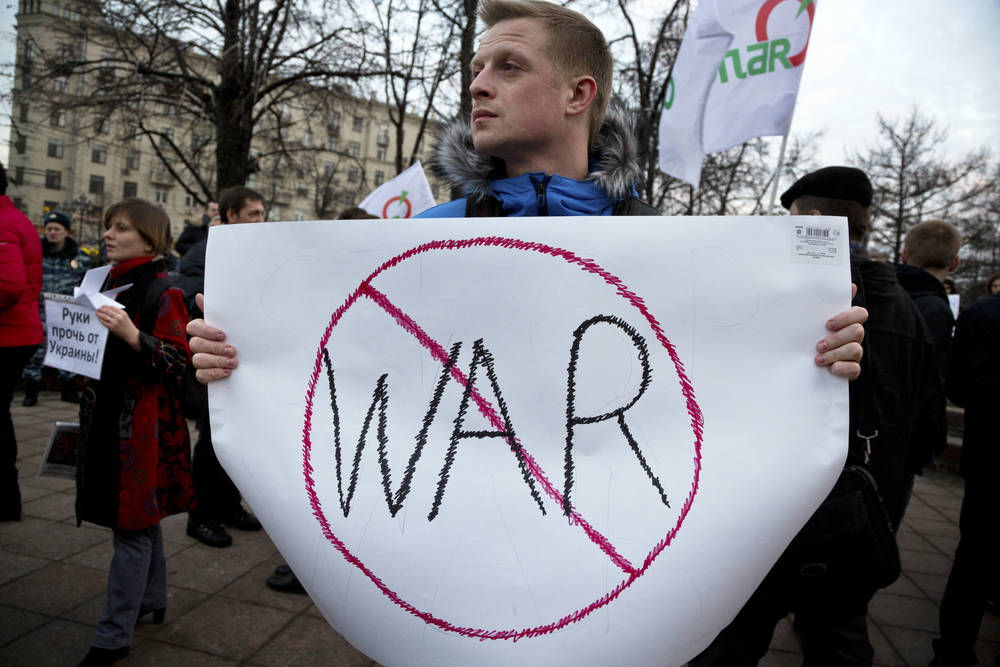

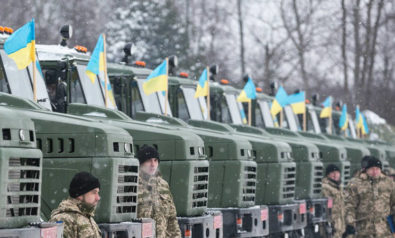

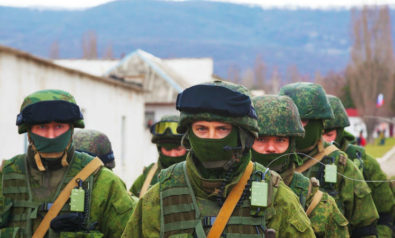
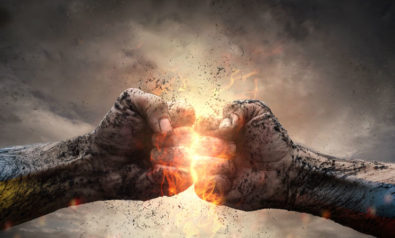
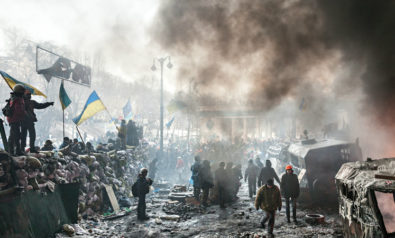


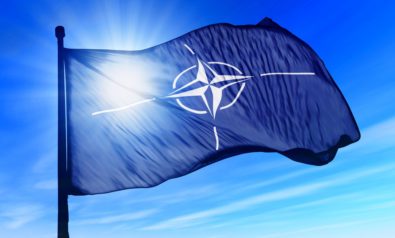

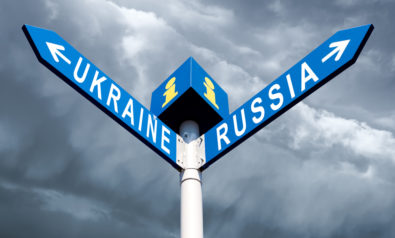
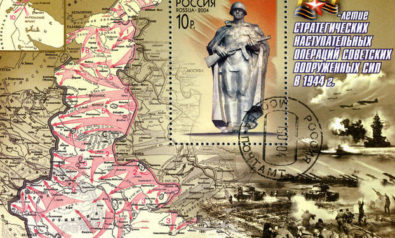
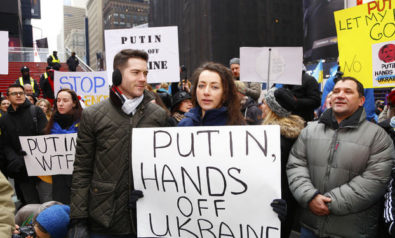

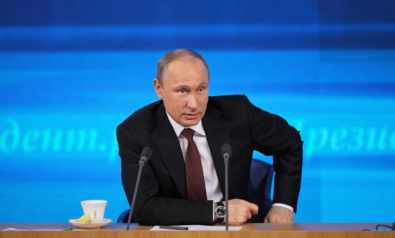
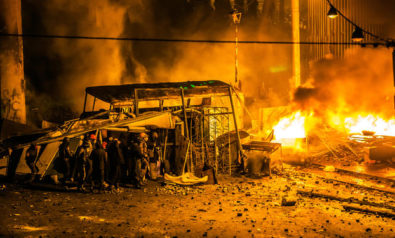

Comment